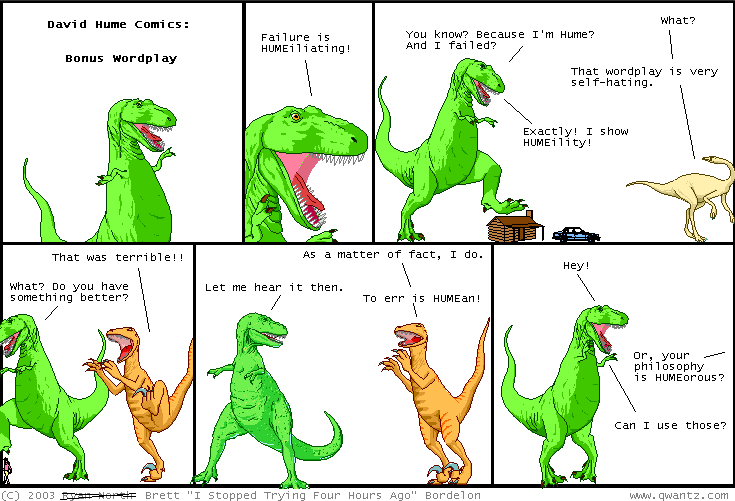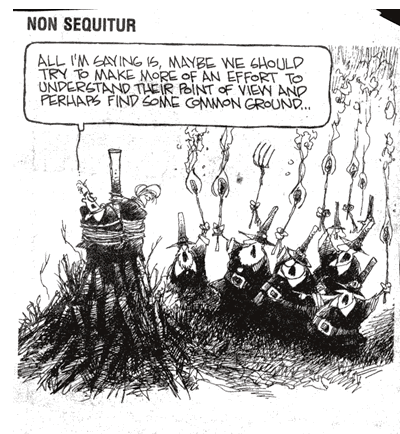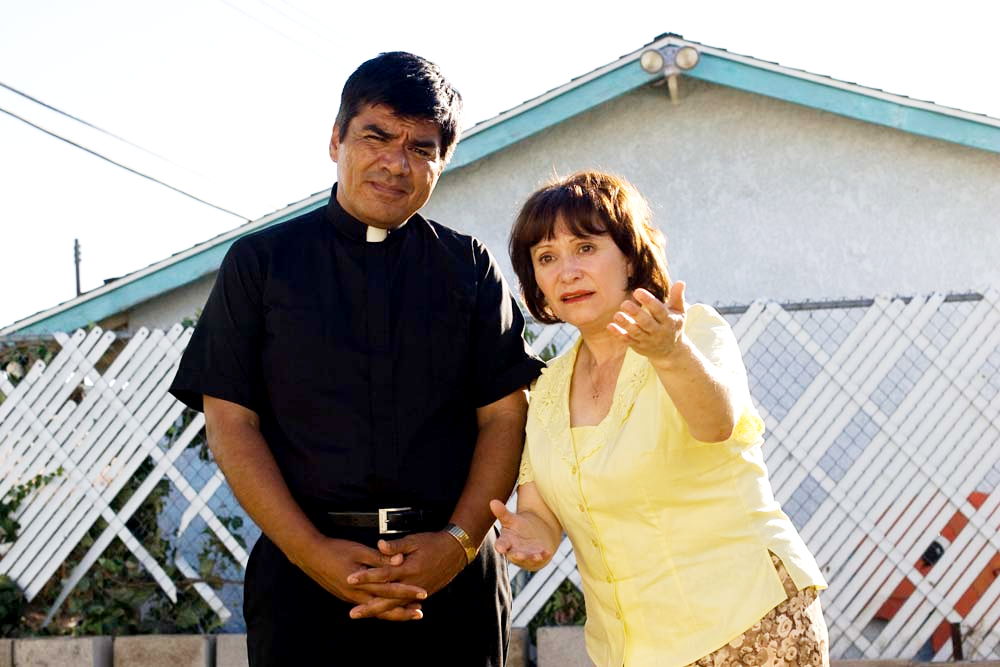While we watched the Adjustment Bureau, I had several questions as did many of you. Here were several of them:
1. Who was the Chairman in the film (I know that somebody found info that the director said that the Chairman was a female character in the film)? Did Norris and / or Elise see the Chairman during the film or was it earlier in their lifetimes before the film ever began? (Do you buy my idea that it was the guy that said hi to Norris on the street after the second time Norris and Elise meet?)
2. When Harry said to Elise and Norris that the Chairman rewrote the plan, the book showed a blank space ahead for the two of them. What do you think that meant? Does the blank space mean that David and Elise get to forge their own destiny? Or does it mean something else? Explain. And what does this say about the mind of the Chairman, that two humans can change the
3. Kids in past classes have asked why there weren't any female adjusters. I didn't have an answer for them as to that question. I have also criticized the film's Western / Euro - centered bias when it talked about giving mankind free will during the Roman times and the Cuban Missile Crisis. Assess the film in light of these flaws.
4. Why do you think the filmmaker decided never to show the Chairman in his/her/its true form? By leaving this question unanswered, what was the filmmaker's intent?
5. Think about Harry's crisis of conscience when Elise and David broke up for the 3rd time (when he left her at the hospital), and he asked Richardson about the rightness of the plan. Put yourself in one of the adjusters' shoes and try to make sense of it all when you're only given part of the picture. Does this limited view of the big picture reflect our own view on life in general? Why or why not?
6. Do you agree with Thompson when he says that "free will is an illusion"? Why or why not?
7. What is the filmmaker saying about order and chaos when Thompson tells us about the times when humans had free will and made a complete mess of the world?
8. Looking at Harry's statement at the end (see below), what do you think is the filmmaker's message? Why?
“Most people live life on the path that we set for them to afraid to explore any other [path]/ Sometimes, someone like you comes along and knocks down the obstacles that we put in your way. People should realize that free will is a gift that you’ll never know how to use until you fight for it. I think that’s the Chairman’s real point. And maybe one day, we won’t write the plan, you will.”

Some articles on the inclusion of philosophy in Adjustment Bureau:
1. https://www.philosophynews.com/post/2011/09/05/The-Adjustment-Bureau-and-Free-Will.aspx
2. https://www.psychologytoday.com/us/blog/plato-pop/201103/what-the-adjustment-bureau-tells-us-about-free-will
3. https://maxandrews.wordpress.com/2011/03/06/the-philosophy-behind-the-adjustment-bureau/
4. http://www1.cbn.com/movies/the-adjustment-bureau-fate-free-will

















